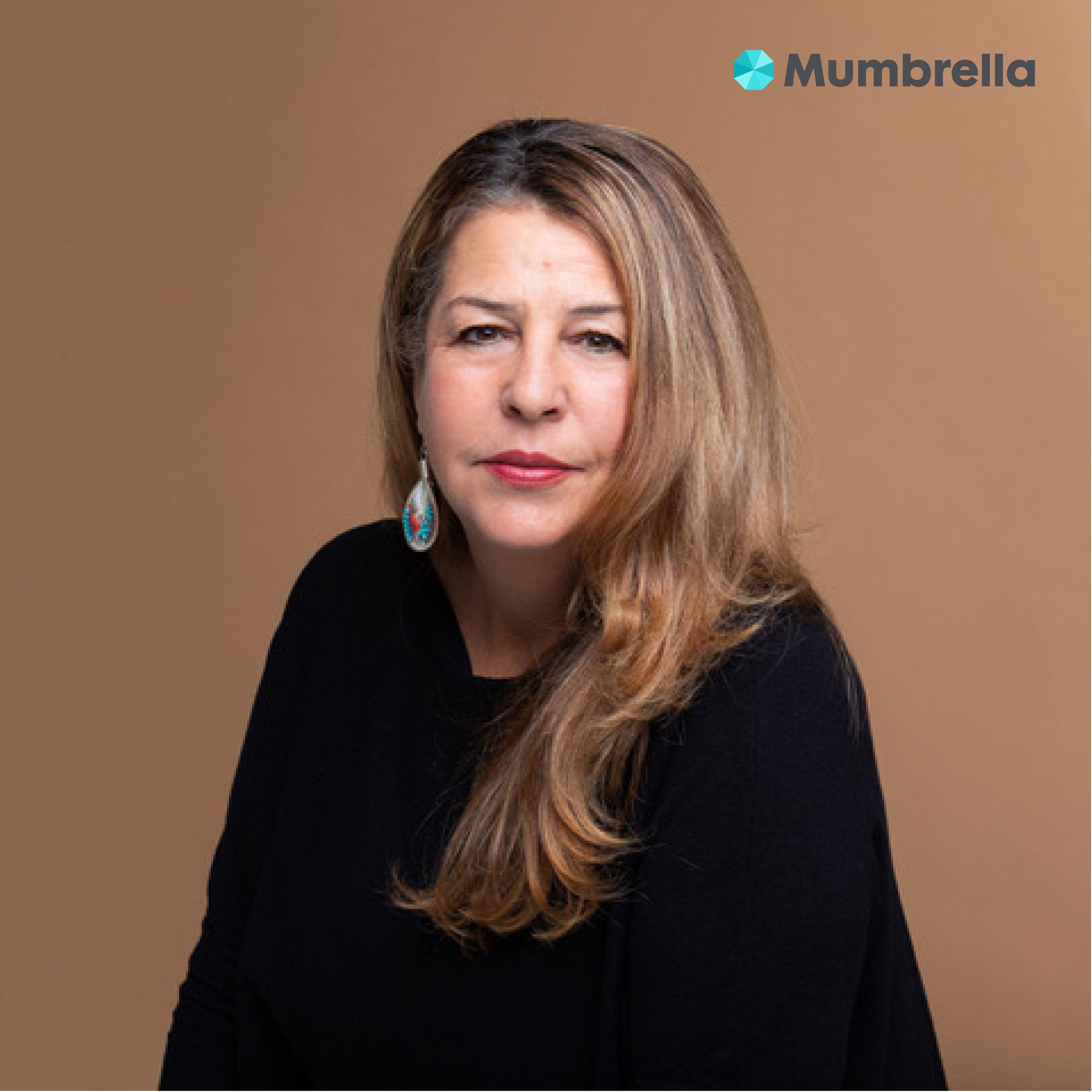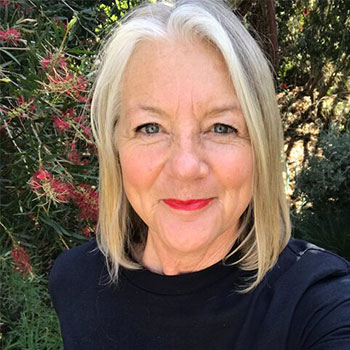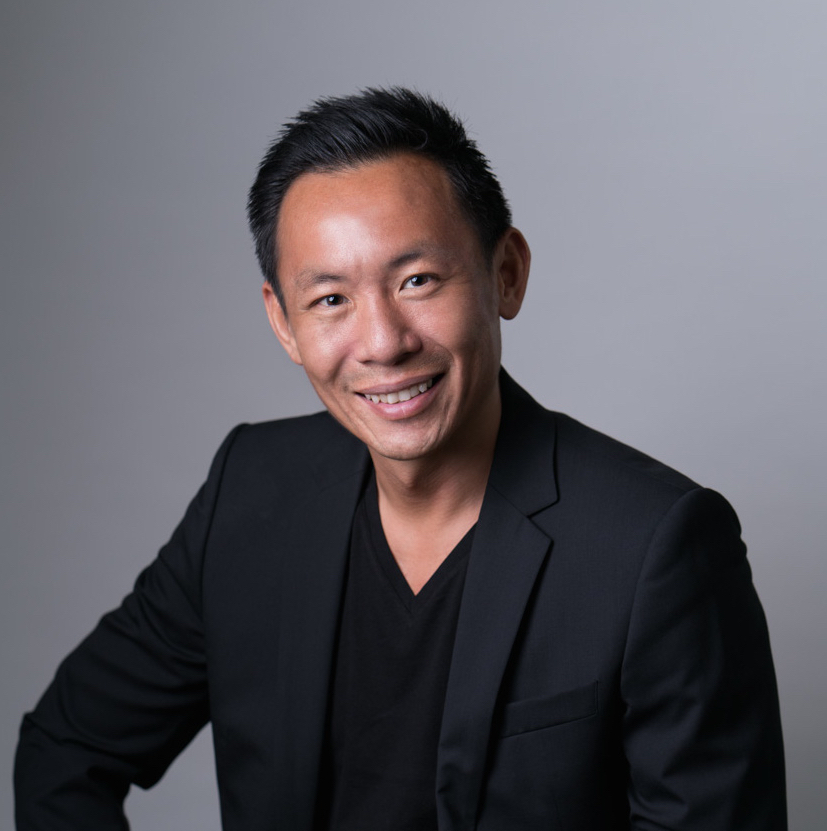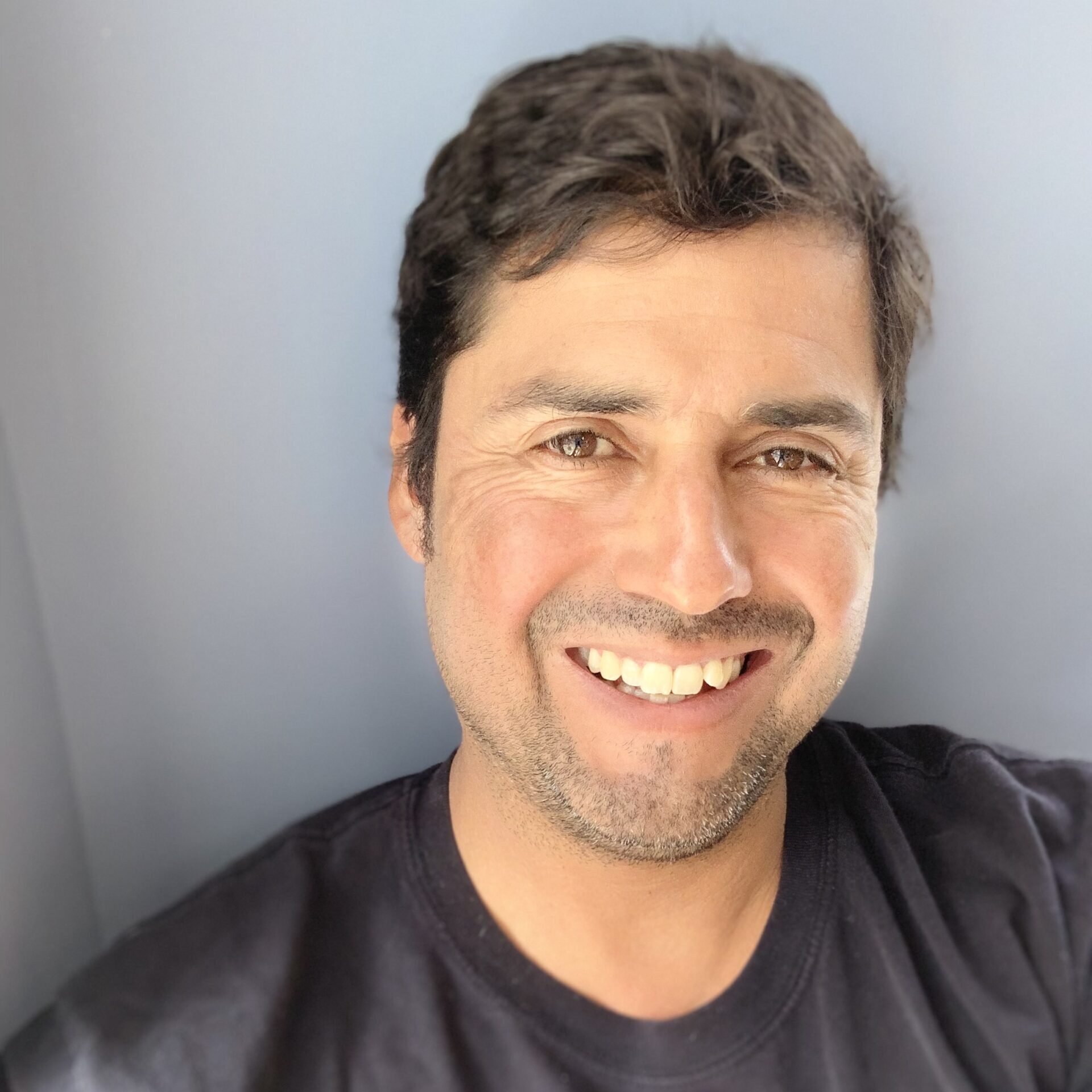
In Conversation with Tracee Hutchison

Tracee Hutchison is an award-winning broadcaster, journalist, arts/media executive, educator and author with over 30 years’ experience at the highest level in Australian and international radio and television.
A pioneering Australian radio broadcaster, Tracee’s career began at the ABC’s youth station, TripleJ, where she hosted the first show of the national network. Her high-profile on-air TV and radio roles include: ABC TV’s 7.30 Report, ABC NewsRadio, SBS World News, Radio Australia, 3RRR.FM and co-host of DIG TV w/James Reyne. Tracee’s extensive screen production credits include the groundbreaking SBS TV music show ‘nomad’, the much loved ‘Rockwiz’ and travel show ‘Getaway’.
Tracee’s wide-ranging media, arts and education leaderships roles include: Program Director at 3RRR.FM, Network Executive Producer ABC Australia Network, National Co-Producer/Industry Advisory Chair of the inaugural Australian Women in Music Awards (AWMA), inaugural Head of Journalism at the Australian College of Arts and National Partnerships and Projects Manager at the Community Broadcasting Foundation. She has served as a Board Director of 3RRR.FM and Music Victoria and as Chair of Music Victoria’s Women’s Advisory Panel.
Tracee is author of three books, including the Australian Music Anthology ‘Your Name’s on the Door’ and is the subject of the Australian power-pop song, Tracee Lee, by The Chevelles.
https://www.youtube.com/watch?v=IPFftNRQAlg
Tracee is currently Head of Partnerships at the Australian Institute of Music and Chair of Green Music Australia.
How did you get into broadcasting and journalism – was it by accident or design?
I started broadcasting in my early 20’s in community radio – very much motivated by an idealistic belief that music could change the world. It was the early 1980’s and a heady time for politics and social justice activism in Australia – we marched for land rights, women’s rights, environmental issues and nuclear disarmament. It was really the music of bands like Midnight Oil, the Goanna Band and First Nations bands like No Fixed Address and the Warumpi Band that fuelled my passion for Australian music and wanting to champion those artists on the radio. By 23, I was hosting the Australian music show on TripleJ, when it was still a Sydney-based station and we could play whatever we liked. Just working there at that time was a political statement. We were uncompromising mavericks. It was an incredible first job. But set the bar very high…
So far, what’s been the biggest challenge of your career?
I feel like every phase of my career has been incredibly challenging. I’ve had to work hard to stay employed and stay relevant in an always evolving media landscape and reinvent and upskill myself continually. But there are two flashpoint moments that were incredibly traumatic: In 1990 I was part of the cohort of TripleJ announcers that went on strike over the banning by ABC/JJJ management of a song by NWA called “F#ck Tha Police”, which was really the first Hip Hop anthem about police violence against African Americans in the US, and written by an emerging artist called Ice Cube. It was a profoundly important political statement. TripleJ had been the only station in the world brave enough to play it, and we played it on high rotation. Proudly. It was during the period of the national roll-out of the national TripleJ network and not every state/market embraced the maverick nature of a station – and broadcasters – that had free-reign over what they played. After a protracted dispute, that also required us to reapply for our jobs, we were all replaced. An entire line-up of broadcasters lost their jobs. It is still considered one of most controversial protests in Australian radio history. I actually quit before they could sack me, but it took years – decades really – to recover from that.
The other acutely challenging phase has been more recent. At 52, having returned to the ABC in news and current affairs at the 7.30 Report, Radio Australia, ABC News Radio and TV Executive Producer at the Australia Network, I was made redundant when the Abbott Government cut funding to the Asia/Pacific services (Radio Australia/Australia Network). I was at the top of my game professionally and it came as both a surprise and a devastating blow – professionally and personally. What I didn’t realise at the time was that would signal the end of my career in broadcasting and media as a fulltime practitioner. I spent a year applying for jobs and couldn’t get interviews. I was either too old or over qualified. The modest redundancy covered a year of very limited capacity. It was very debilitating. Eventually I picked up a part-time job teaching and leading a journalism course in the higher education sector and have managed to get back on a steady path over the last few years in some really interesting and rewarding roles – including my current role at the Australian Institute of Music. But it’s been challenging. I will never be complacent about meaningful work and have a very healthy work ethic. The prospect of being unemployed terrifies me. And I’ve felt very lucky to have been able to work from home during COVID. I will never take that for granted.
What do you say to young people who want a creative career?
Believe in yourself. But don’t delude yourself. It’s tough. Being a creative is a job, so you’ve got to work at it. But denying your creative self is probably tougher. If you want to write, write. If you want to sing, follow that dream. If you want to broadcast then do it. I spent several years as a volunteer in community radio before I got my ‘break’ at the Jays. But I was also writing for the street press and had been asked to audition for an ABC TV’s youth show – by someone working at the radio station who also happened to work for ABC TV. My networks from that formative time in my career are still my professional networks now, almost 40 years later. So, it pays to be hard-working and reliable – and kind. People will remember you fondly. And recommend you for opportunities that you’re not even aware of. Everything comes around. Sometimes when you least expect it. The life of a creative is very much a portfolio career – you need to be dexterous, pragmatic, determined and resilient. It’s not for the faint-hearted.
Is there anything you wish you’d done differently?
I spent years replaying the moment I quit at TripleJ – wondering what my career might have looked like if I hadn’t been quite so … uncompromising. But I’m proud of being part of that strike action and I know I was on the right side of that particular chapter of TripleJ history. But it came at a huge cost. It certainly made me very driven to prove myself – as a serious journalist. Not a ratbag maverick. As I’ve got older I rather prefer the ratbag maverick title, to be honest. At least we had the courage of our convictions. I wish there was a bit more of it. We’ve become very complacent and conformist. Just look at the state of politics in this country. We couldn’t even cope with a female Prime Minister. But I’m hopeful some activism is roaring back to life. I’ve still got fuel in the activist-tank – which is why I’ve become involved at Green Music Australia as Chair of the Board. I’m still very motivated by the power of music and politics, particularly in First Nations truth-telling. The idealist in me is still alive and kicking. So I probably wouldn’t change a thing. All those bumps and challenges, the triumphs and the despair means I never stop learning. Never take the good times for granted. Never stop thinking about better ways of doing things. It’s also why I love being in the creative education space – whether it’s broadcasting, film-making, music-making or just trying to make the world a better place through creative activism – supporting young people to fulfil creative dreams is pretty cool.
What do you think the future holds for broadcasting and journalism?
Gosh, I really don’t know. I do despair for quality journalism – there is so little of it and so much white-noise and nonsense. But that might also have a lot to do with the sorry state of politics and political debate. The 24-hour news cycle, the 5 second news-grab and the gotcha-headline have a lot to answer for. And social media has turned news into entertainment and advertorials – or calls to arms. We saw how that played out in the US during the Trump Presidency. There has been so much manipulation of facts it’s become very difficult to determine single sources of truth. Just look at messaging around the COVID vaccine. And the proliferation of deep fake technology to manipulate video is truly terrifying. Journalism trades in the currency of trust and truth – and that is being eroded on multiple fronts. But I still sit down to the 7pm ABC news and 7.30 Report every night. Even if I shout at the telly or the radio periodically. It’s an occupational hazard. You just need to work a little harder to find the quality reporting. Even if a single source of truth becomes ever-more elusive.
Share it around…






